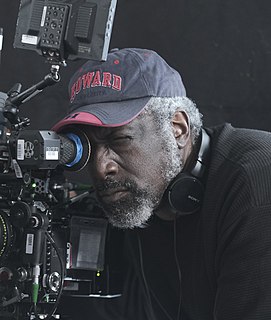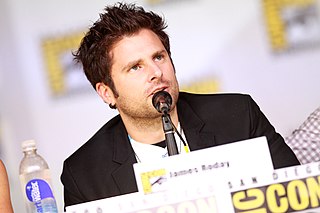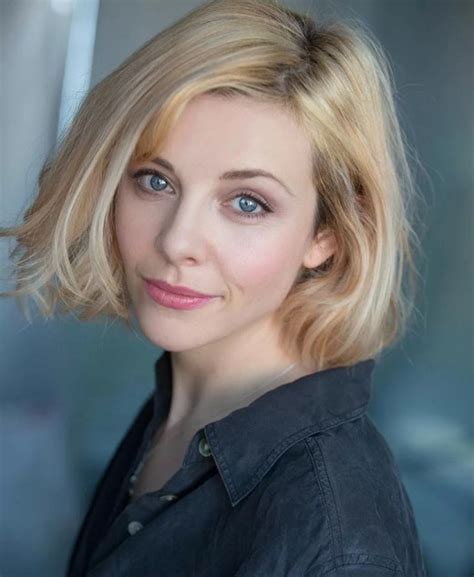A Quote by Kevin Grevioux
I think that you take the path of least resistance. And for a lot of people comedy is that path. I mean, even against mainstream, it's easier to sell a comedy than a drama.
Related Quotes
There's an awful lot about our society that is at odds with the basic message of "don't smoke, be active, eat a healthy diet, and by the way control stress and get enough sleep." We don't make those things easy. We ideally would make health lie along the path of least resistance. But if not the path of least resistance, there at least needs to be a path so you don't have to bushwhack your way there.
I have done much more dramatic work than comedic work, but I think comedy is harder than drama in a way. I think it's one of those things that's constantly discussed - people who do comedy think it's harder, people who do drama think it's harder. Usually drama is the one that gets this highbrow respect.
Comedy scares me a lot. I feel like it's way harder than drama. I think my safety net is definitely drama, and I would love to kind of be able to be able to push into the comedy world and do something kind of like a Christopher Guest kind of style show. That, to me, is my kind of comedy. Like, Ricky Gervais comedy. That's my kind of thing.
Comedy scares me a lot. I feel like it's way harder than drama. I think my safety net is definitely drama and I would love to kind of be able to be able to push into the comedy world and do something kind of like a Christopher Guest kind of style show. That, to me, is my kind of comedy. Like, Ricky Gervais comedy. That's my kind of thing.
I really wanted to do a comedy. I've done a lot of drama, and comedy was the one genre I was not being offered. So I became obsessive about getting one. I tried with two little parts in comedies that were more mainstream, I was kind of fumbling around, and then I read The Brothers Bloom and knew it was the one I wanted to jump into. Did it take adjusting? Actually, it's not really any different from doing drama.
As a writer, I haven't delved into dramatic writing. As an actor, I could always, even more so than comedy, do drama. When you do your comedy and your drama, your acting style doesn't change. If it's a comedy, the situations and the characters might be a little funnier, but you're just trying to be honest.
I've always thought that comedy was just another dramatic expression. I try to measure the amount of truth in a work rather than just looking at the generic distinction between comedy and drama. There's a lot of bullshit drama that leaves you totally cold. And there's a lot of wasted comedy time too. But when you get something honest, it doesn't matter what label you give it.



































